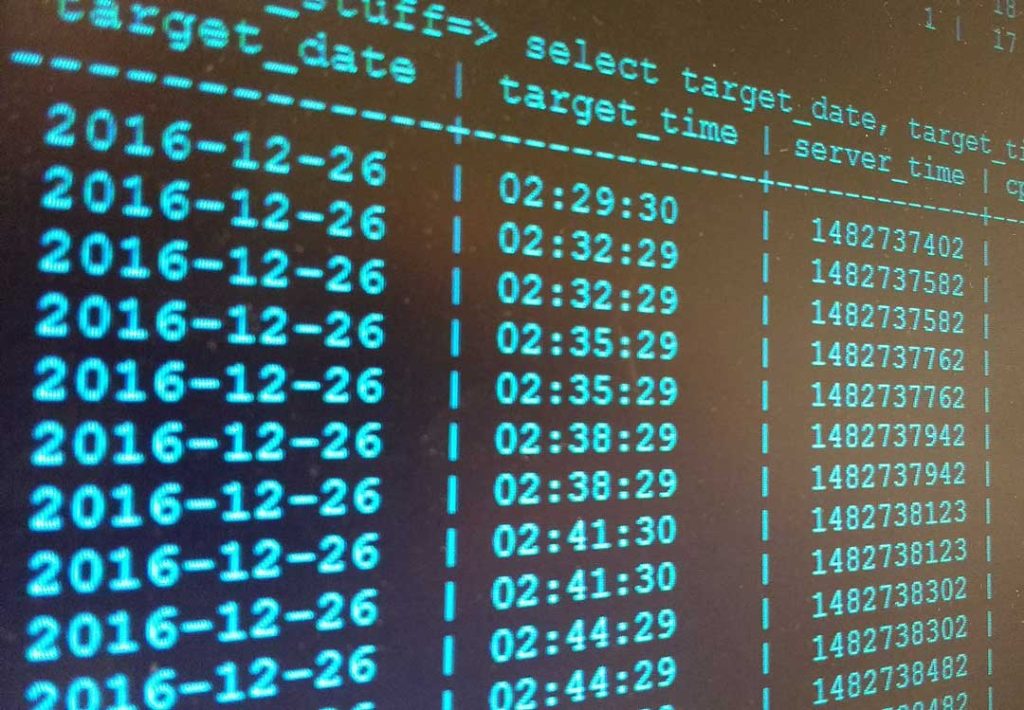
Vikas Agarwal, an expert in Artificial Intelligence, Machine Learning, and Cloud Computing, writes a special column for Deccan Mirror about best practices towards Data Democratization.

People manage large organizations with teams of tens or even hundreds of people working together to successfully accomplish the organization’s objectives. Due to the massive volume of data being processed in the process pipeline, there is always a risk of chaos during the creation process while these goals are being pursued.
The ‘gatekeepers’ are those who hold the entire data and take decisions while sharing data. With these restrictions imposed, we often hear a lot of people missing out on the important data that need to be accessed to create better results. The new wave of ‘data democratization,’ which means individuals within an organization have the access to leverage data for better decision-making and innovation, is taking over in the companies.
The trend of data democratization not only helps the employees to achieve better results but helps the stakeholders in the organizations give better-informed and efficient results as a result of the availability of practical data. The data silos, which have been a long-time barrier that is barring people from collaboration and decision-making, will be gone. Every vital employee in the project will have easy access to data, which means they too can now innovate after observing different data inputs and results.
Unfortunately, like every new system, data democratization comes together with its own set of pros and cons. Opening the data to more users cannot turn them into experts in data, but inefficient handling and interpretation can lead to misjudgment and failed results from the staff.
The best method in achieving the best results of data democratization comes through focusing on data that is relevant, giving proper guidelines through a data governance framework, and increasing the data literacy for the stakeholders in the team. Giving people access to the better visualization tools can be one more factor in improving results of data democratization. The data democratization is going to shape up how the organizations work and improve the efficiency of the teams in the coming future. Let’s hope for the best!!